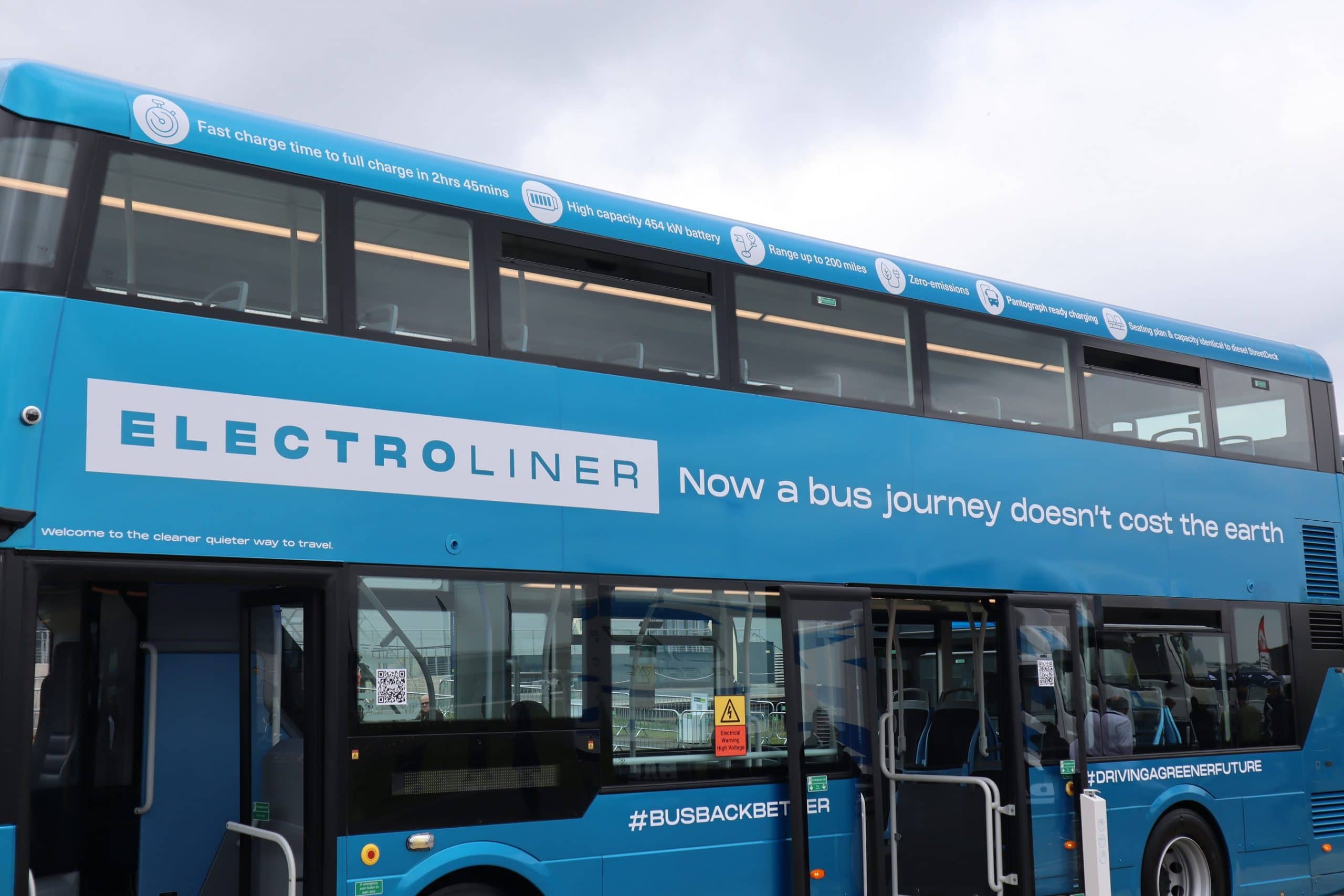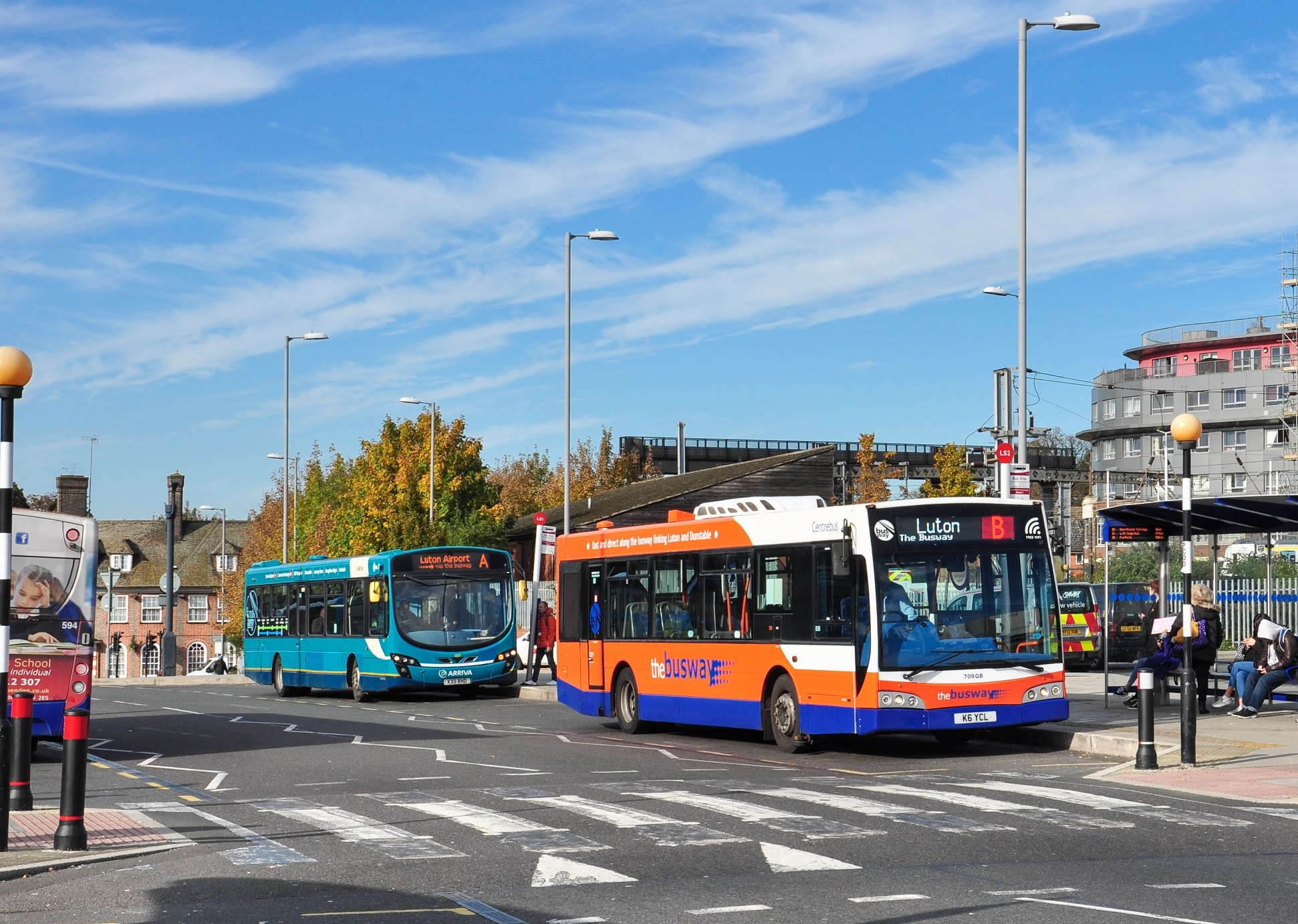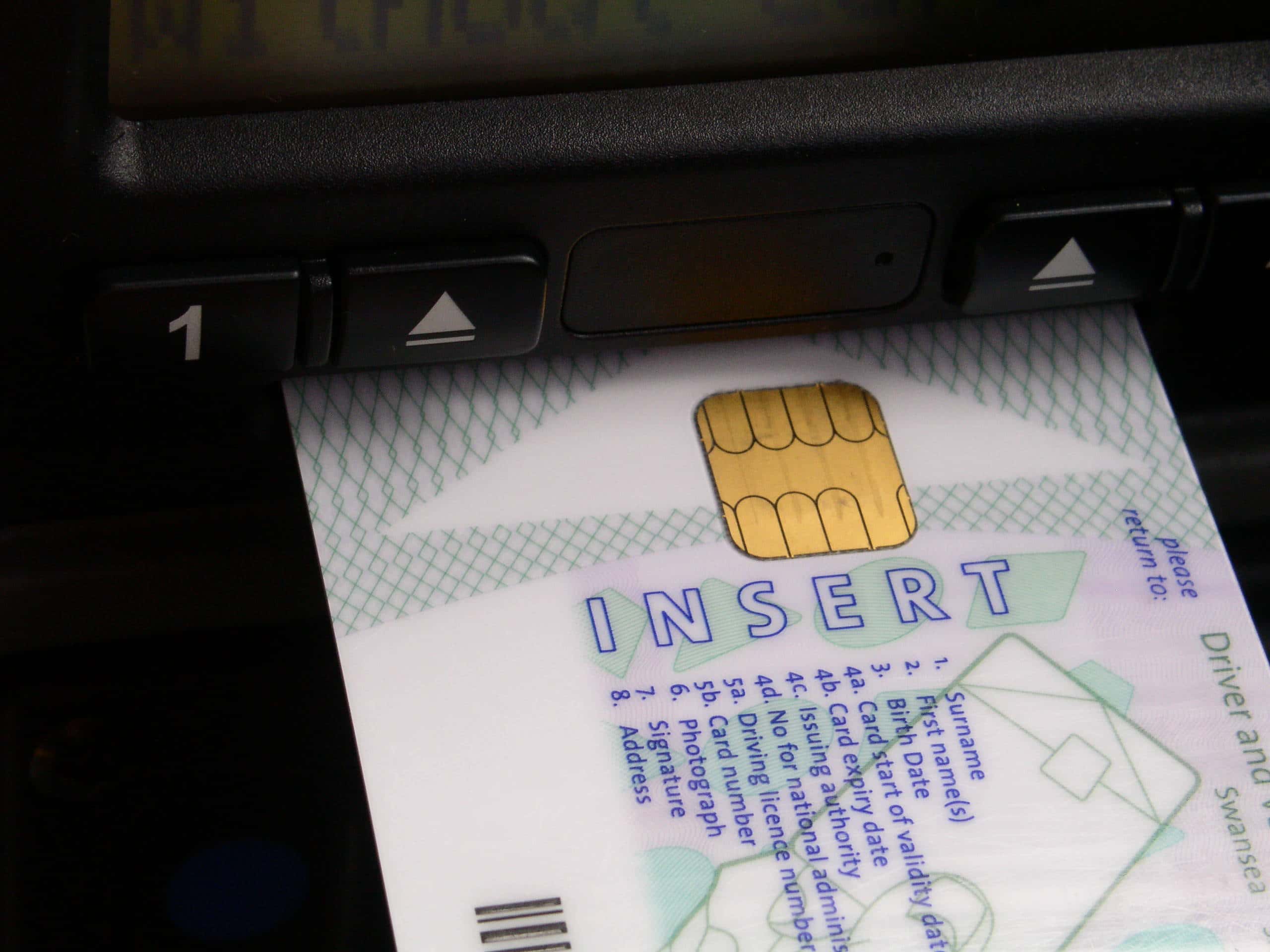The second round of the Zero Emission Bus Regional Areas (ZEBRA) funding scheme has closed, and interest has been outstanding. Without giving too much away, it is safe to say that there is a lot of attention and there will be some disappointment that there isn’t more funding available.
This is extremely encouraging given the impact that COVID-19 has had on the market. Despite that, operators and local authorities alike are still committing to purchase zero-emission buses across the country.
4,000 zero-emission bus commitment in England: Achievable?
The high level of interest in ZEBRA makes the 4,000 zero-emission bus (ZEB) target by 2025 look attainable. Zemo Partnership estimates that there are already over 800 ZEBs in service in the UK, with London leading the way with over 500.
The first hydrogen fuel cell-electric double-deckers are now in full service and with orders for hundreds more battery-electric buses in place, Transport for London is likely to be closing on 1,000 ZEBs by the start of 2022. That makes a fully zero-emission fleet in the capital achievable well ahead of the 2037 target.
Zero-emission bus work coming on ‘in leaps and bounds’
A really impressive thing is that the bus market in the UK is leaps and bounds ahead of other sectors in this transition. We could see zero-emission buses account for up to 25% of new orders in coming years, and potentially close to 50% if more funding becomes available. The car market is still only 8% electric so far this year, with much lower proportions in the van and truck sectors.
We now have 12 EV single-deck and three EV double-deck bus suppliers to the UK, with two more EV double-deck suppliers coming in 2022. Some larger single-deck battery-electric buses are reporting potentially over 200 miles of range on certain services. The potential introduction of a 555kW/h single-decker by Wrightbus could well permit a range of 250 miles, allowing even more routes to transition.
How much coach detail in Transport Decarbonisation Plan?
The likely introduction of an end date between 2025 and 2030 for the sale of new buses powered by an internal combustion engine is only going to accelerate the shift. We should see a detailed consultation on this soon from the Department for Transport, along with the Transport Decarbonisation Plan (TDP) ahead of Parliament rising for the summer recess next week. (Note: Published since this article was written).
The TDP is hopefully going to give us more detail on how the government plans to accelerate decarbonisation efforts, with much attention directed towards getting all vehicle types to be fully zero-emission. That should hopefully include some insight into the choices for decarbonising coaches and some indications around infrastructure deployment for both hydrogen fuel cell- and battery-electric.
Zemo Partnership will be discussing the detail of the TDP and how we ‘make it real’ at our virtual Annual Conference on Tuesday 20 July. Come along and be part of the discussion. It is free to register.
To register for the Zemo Partnership conference and to see the speaker list, click here.



























